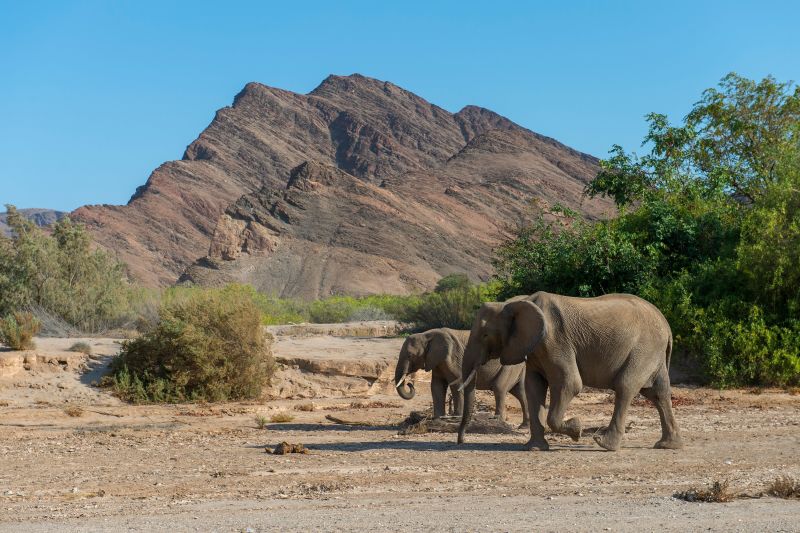Two African Countries Say They Need to Kill Elephants for Food. Critics Say It’s Cruel and Won’t Work
Two African countries, Namibia and Zimbabwe, have announced plans to cull elephants due to severe drought conditions. The decision aims to mitigate the effects of the drought, alleviate strain on land and water resources, and prevent human-wildlife conflicts. However, conservation advocates have strongly criticized the move, calling it inhumane and shortsighted.
The culling program has sparked intense controversy, with critics arguing that it sets a precarious precedent and fails to provide a substantial solution to the drought crisis. Approximately 12 out of the 83 elephants designated for culling in Namibia will be killed by trophy hunters, which has further intensified opposition. Conservationists worry that culling these animals may disrupt the delicate ecological balance in both countries, making them even more susceptible to drought.
Supporters of the culling argue that critics misunderstand conservation principles and prioritize wildlife over human welfare. However, critics point out that the idea of expecting impoverished families to consume elephant meat is an insult, and the culls are misguided and cruel. The situation in southern Africa is grim, with crop failures rampant and drought conditions exacerbated by El Niño.
The legal harvesting and consumption of wild game for sustenance is common across various cultures globally, but the method and motivations behind this action are being questioned. The revenue generated from trophy hunting will not go to the government but rather provide financial support to communities affected by human-wildlife conflicts.
Conservationists worry that culling these animals may lead to more aggressive behavior among elephants, disrupting the ecological balance. The trauma of losing family members could make elephants more aggressive, posing dangers to those living in proximity to them. The decision has also raised concerns about the relaxation of international wildlife trade regulations, including the sale of ivory.
Namibian spokesperson Muyunda argued that many criticisms overlook the suffering inflicted by the drought on both human and animal populations. He pointed out the hypocrisy of Western nations that have also engaged in culling practices, suggesting that the decision is scrutinized because it is an African country.



